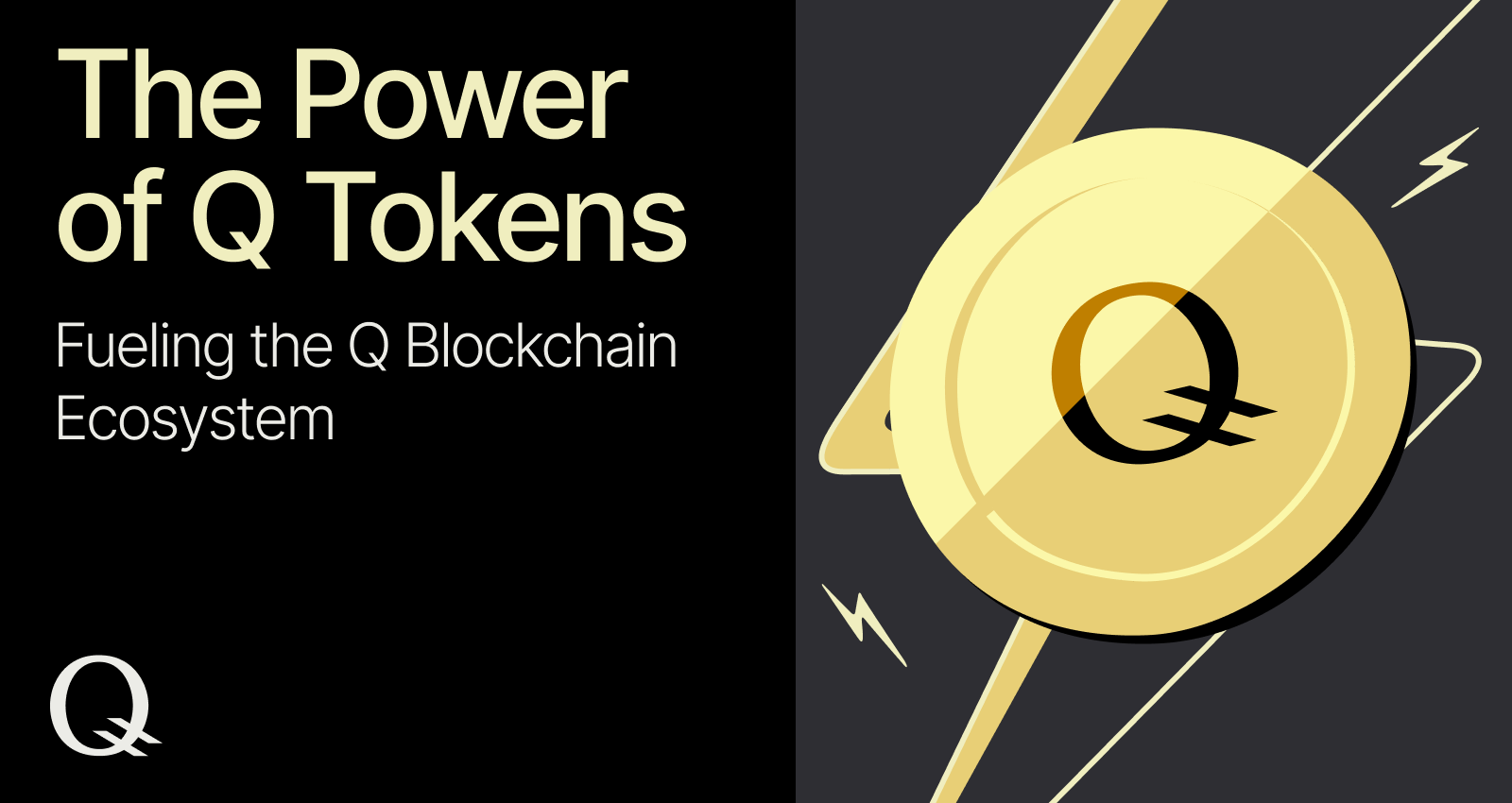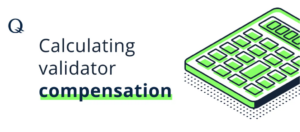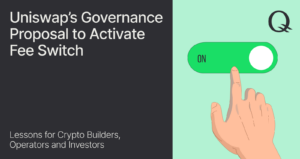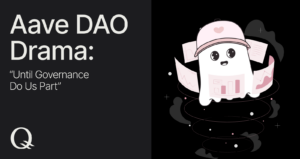At the heart of Q Protocol’s functionality lies the Q token (QGOV). QGOV tokens are not just a digital asset; they are the driving force behind Q’s governance, security, and functionality.
Q token holders benefit from the protocol’s superior economics.
For their participation in the Q governance framework, they receive a share of governance fees paid by other protocols and projects building on Q or using Q governance features.
This is in addition to the other rewards they can earn by contributing to the network’s security through its in-protocol delegation feature, participating in voting, or other activities as outlined below.
Supported by top players like HashKey Capital, Greenfield Capital and Deutsche Telekom, Q boasts a thriving ecosystem. Let’s take a closer look into QGOV token utility.
Participation in Governance
As a QGOV token holder, you have the power to shape the future of the protocol, secure the network through delegation, and facilitate transactions within the expanding Q ecosystem.
QGOV token holders play a pivotal role in the governance framework of the Q Protocol. They are the ultimate owners of the system, making key decisions and shaping the future of Q. Here’s how Q tokens (QGOV) empower token holders in governance:
Proposal and Voting: As a QGOV token holder, you have the privilege to propose changes to the Q Protocol and participate in voting on significant decisions. These decisions can range from protocol upgrades to the election of essential governance stakeholders, including root nodes and expert panel members.
Delegated Voting: If you’re committed to Q’s governance but lack the time or expertise to evaluate proposals, you can delegate your voting rights to a trusted fellow Q token (QGOV) holder. Delegated voting ensures that your voice is still heard in the decision-making process.
Specialized Roles: To take on defined roles within the Q ecosystem, such as becoming a root node, validator, or expert panel member, you’ll need Q tokens (QGOV). These roles are crucial for maintaining the stability and functionality of the network.
Staking and Delegation
The Q Blockchain operates on a delegated proof-of-stake (DPoS) basis, and staking Q tokens (QGOV) is integral to its security and decentralization. Here’s how staking and delegation work with Q tokens (QGOV):
Delegating to Validators: QGOV token holders can delegate their tokens to one or more validators. Validators, in turn, share a percentage of their rewards with delegators. This system ensures that the network remains secure and decentralized.
Network Security: The more QGOV token holders delegate, the stronger the security of the network becomes. By spreading their tokens across multiple validators, delegators contribute to reducing the risk of centralization and “plutocracy” within the validator set.
In-Protocol Delegation: Q’s native protocol supports stake delegation, eliminating the need for third-party providers. Even if you don’t run nodes, you can easily delegate your Q tokens (QGOV) through the user-friendly interface on hq.q.org.
Payment for Transactions on Q
QGOV tokens are the native token of the Q blockchain, making them essential for conducting transactions within the ecosystem. Whether you’re voting, staking, participating in node operations, or using Integrated Applications, you’ll need Q tokens (QGOV) for in-protocol functions. Additionally, Q tokens (QGOV) are required for transactions within other protocols and applications built on top of Q.
Q’s ecosystem is thriving, encompassing a wide range of applications, from DeFi to NFTs, DeSci (Decentralized Science), and on-chain publishing. The list of Q-based applications continues to grow as the Q community expands. Keeping an eye on this evolving list is advisable, as new projects are regularly added, showcasing the versatility and potential of the Q Blockchain.
Interacting with NFTs
Given the EVM compatibility of the Q Blockchain, various kinds of NFTs are supported, such as ERC721, ERC1155 and SoulBound NFTs. All of these are powered by the Q token (QGOV) to pay for transaction costs and if implemented in the NFT logic, collect royalty to the NFT owner each time the NFT is traded on market places.
To go one step further, NFTs on the Q Protocol can be linked to a DAO using the Q DAO Factory (available at https://factory.q-dao.tools/ ) which upgrades it to a fully embedded governance tool. Hence, the Q token (QGOV) enables any NFT project to enjoy sound governance provided by the shared governance modules of Q.
The role of Q tokens (QGOV) in this blockchain’s success cannot be overstated. As a QGOV token holder, you have the power to shape the future of the protocol, secure the network through delegation, and facilitate transactions within the expanding Q ecosystem. To learn more about Q tokenomics and the power of Q tokens (QGOV) please read the Q White Paper.






Leave a Reply